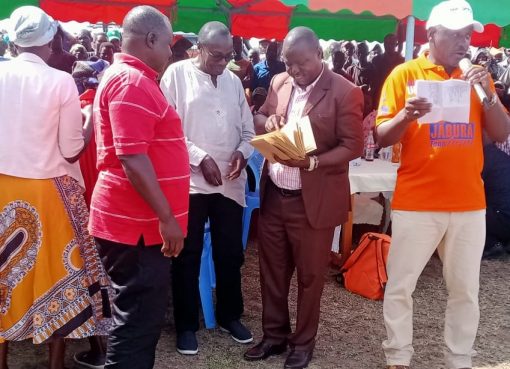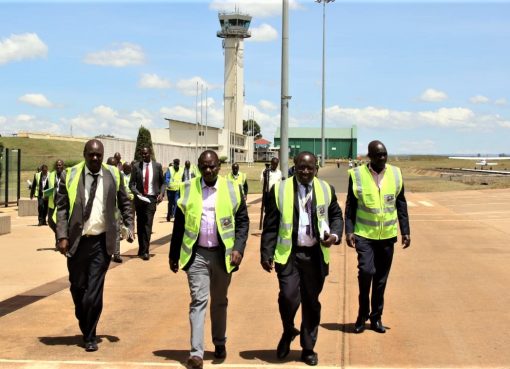The Kenya Flower Council (KFC) has called for zero-rating of all farm inputs in a bid to cushion the floriculture sector against further losses occasioned by the Coronavirus pandemic.
The council CEO Clement Tulezi regretted that the sector was on its knees with flower farms now forced to dispose of their harvest following the current lockdown in several European Union countries.
The CEO said the sector was critical to the Kenyan economy as it contributes heavily towards the country’s foreign exchange earnings besides employing more than 150,000 Kenyan workers.
Tulezi however clarified that only an estimated ten percent of the country’s flowers were finding their way to the market with flower farmers now forced to send home over 50 percent of workers on paid leave with the hope that things will change for the better in the coming weeks.
He said, as a result of the lockdown in European Union markets, farmers were now incurring huge losses forcing them to send majority of their workers home as the crisis deepens.
“We had sent a proposal to the government to zero-rate all farm inputs and scrap PAYE but this has not been addressed yet,” he said.
Tulezi added that the farmers were ready to start shipping flowers once the situation stabilised in Europe, which is the main market for Kenya’s flowers.
The CEO further said that the measures introduced by the government were protecting the workers and ignoring the employers who were the leading taxpayers.
He welcomed the planned VAT refunds by the government and said the floriculture sector should be given first priority.
Saying that the government planned to release Sh10 billion as VAT refunds for all industries in the country, the CEO lamented that the flower farms alone were owed Sh9 billion which he said meant that some farms will miss out on the refund.
According to the secretary-general Kenya Export, Floriculture, Horticulture and Allied Workers Union (KEFHAU) David Omulama, over fifty percent of farms in Naivasha had already sent part of their workers home with some farms agreeing to pay the workers their salaries in the period that they would be away as they monitored the situation with the hope that it will improve.
By Esther Mwangi and Vivian Otieno
Wednesday, May 14, 2025




